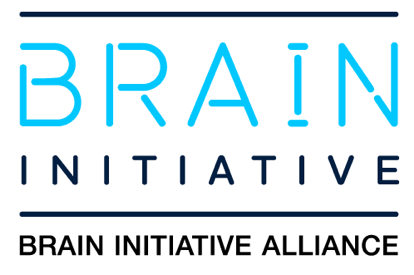The BRAIN (Brain Research through Advancing Innovative Neurotechnologies) Initiative Alliance is excited to announce a new partnership with the Institute of Electrical and Electronics Engineers (IEEE) Brain Initiative.


BIA and IEEE have overlapping missions that will benefit from this collaboration. The main goal of the BRAIN Initiative is to accelerate neuroscience research through the development and application of cutting-edge technologies. The IEEE, the world’s largest professional organization for engineering and technology, fosters technological innovation with a vision of helping humankind. Similar goals shared by both groups include the development of new neurotechnologies for enabling novel research methodologies and for improving neurological healthcare.
Formed in the fall of 2015, the IEEE Brain Initiative integrates the various brain research activities that were already happening across multiple IEEE technical domains and provides a united front for IEEE to work with other organizations in advancing neuroscience. IEEE Brain co-chair Paul Sajda, PhD, says that the partnership will help them engage the worldwide neuroscience community. “We wanted to have more of an impact on the medical and biological side of things,” he says.
Co-chair Jacob Robinson, PhD, agrees, stating, “The partnership between the BRAIN Initiative Alliance and IEEE Brain will help ensure closer collaborations between representatives from various communities, including neuroscience, medicine, and engineering, in developing standards and guidelines for new neurotechnology.” The development of novel technologies for medical purposes may require the creation of new standards and ethical guidelines. This collaboration could help inform the engineering field of the technological and regulatory needs of the research and medical communities.
“Working with the BRAIN Initiative Alliance will help us better understand the priorities of our collaborators in neuroscience, medicine, and the federal government,” Dr. Robinson explains. “As a result, we will be able to program IEEE activities to provide increased support to areas where engineering expertise is most needed.” Co-chair Jose Carmena, PhD, adds, “IEEE Brain will add significantly to the BRAIN Initiative Alliance by bringing to the table expertise in all domains of engineering that are germane to advancing neurotechnologies for brain research. “
Already, many members of the IEEE have engaged with the National Institutes of Health (NIH), one of the founding members of the BIA, on the advancement of neuroscience. Now, NIH and other government agencies help organize IEEE Brain activities and serve on its steering committee. “I think this alliance will help coordinate activities and make the larger community aware of the synergy between the two initiatives,” says Dr. Sajda.
Some of the recent and future events co-organized by the two groups include a data science workshop for neuroscience professionals and assorted interdisciplinary meetings. Members of IEEE Brain will be attending special sessions at the Annual BRAIN Initiative Investigators Meeting this week, to offer support and to learn about current projects and technical needs.
According to Dr. Sajda, the BIA/IEEE partnership will “increase the breadth and depth of neuroscience research and translational efforts, leading to a more principled understanding of brain function and new ways to promote and maintain brain health.”

